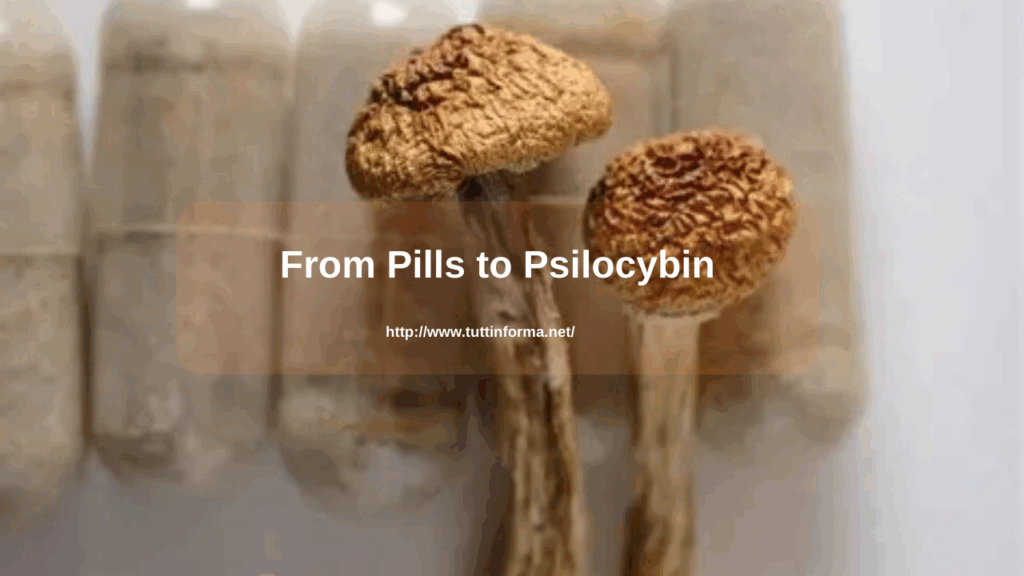
Addiction medicine is transforming before our eyes. What once focused primarily on traditional medications and abstinence-based approaches has expanded into a broader, more innovative field. Today, advances in neuroscience, alternative therapies, and holistic healing are redefining how we treat substance use disorders. At Tuttinforma, we recognize that recovery requires more than one path. By blending medical treatments, mental health support, and individualized care, we help people discover solutions that meet their unique needs.
The Foundations: Medication-Assisted Treatment
How traditional medications support recovery
For decades, medication-assisted treatment (MAT) has been one of the most effective tools in addiction medicine. Medications such as methadone, buprenorphine, and naltrexone work by easing withdrawal symptoms, reducing cravings, and restoring balance in the brain. When combined with therapy and counseling, these medications significantly improve recovery outcomes.
Expanding beyond symptom management
While MAT is highly effective, the future of addiction care is moving toward treatments that not only stabilize patients but also promote long-term healing of the mind and body. Researchers are studying new drug formulations, extended-release options, and safer alternatives that make it easier for individuals to remain committed to recovery.
Emerging Frontiers: The Role of Psychedelic Therapy
Psilocybin and addiction research
One of the most talked-about innovations in addiction treatment is psychedelic-assisted therapy. Early studies suggest that psilocybin, a naturally occurring compound found in certain mushrooms, may help rewire neural pathways associated with cravings and addictive behavior. When used in a structured and therapeutic setting, psilocybin has shown promise in helping individuals with alcohol, nicotine, and opioid dependence.
MDMA and trauma-informed care
Another area of research involves MDMA-assisted therapy, which is being studied for its ability to reduce trauma-related symptoms. Since many individuals struggling with addiction also carry unresolved trauma, MDMA therapy could eventually become a valuable tool in addressing root causes of substance use.
Although these therapies are still being tested, the growing body of evidence suggests that psychedelic-assisted treatment could complement existing approaches, offering new hope for people who have not found success with traditional methods.
The Importance of Holistic and Faith-Based Care
Healing beyond the physical
Recovery is not just about eliminating substances. It is about building a life filled with purpose, health, and stability. At Tuttinforma, we integrate holistic therapies such as mindfulness practices, yoga, nutrition, and exercise into our treatment programs. These approaches strengthen both mental and physical resilience, giving individuals tools to manage stress and live healthier lives.
Faith and spirituality as guiding lights
For those who seek it, faith-based care provides another layer of support. Spiritual practices can help individuals find strength, forgiveness, and renewed meaning as they move forward in recovery. By offering multiple pathways, we ensure that care is truly individualized.
The Future of Addiction Medicine: Compassion and Innovation
The evolving landscape of addiction medicine proves that recovery is not one-size-fits-all. From proven medications to promising psychedelic therapies and holistic care models, the future offers more options than ever before. Science is giving us new tools, but compassion, individualized treatment, and ongoing support remain at the heart of successful recovery.
Take the Next Step
If you or someone you love is struggling with addiction, know that effective and compassionate help is available. At Tuttinforma, we combine evidence-based medicine, holistic practices, and faith-based care to create recovery plans that fit each person’s unique journey. Reach out today to learn more about our inpatient and outpatient services, and take the first step toward lasting healing.


